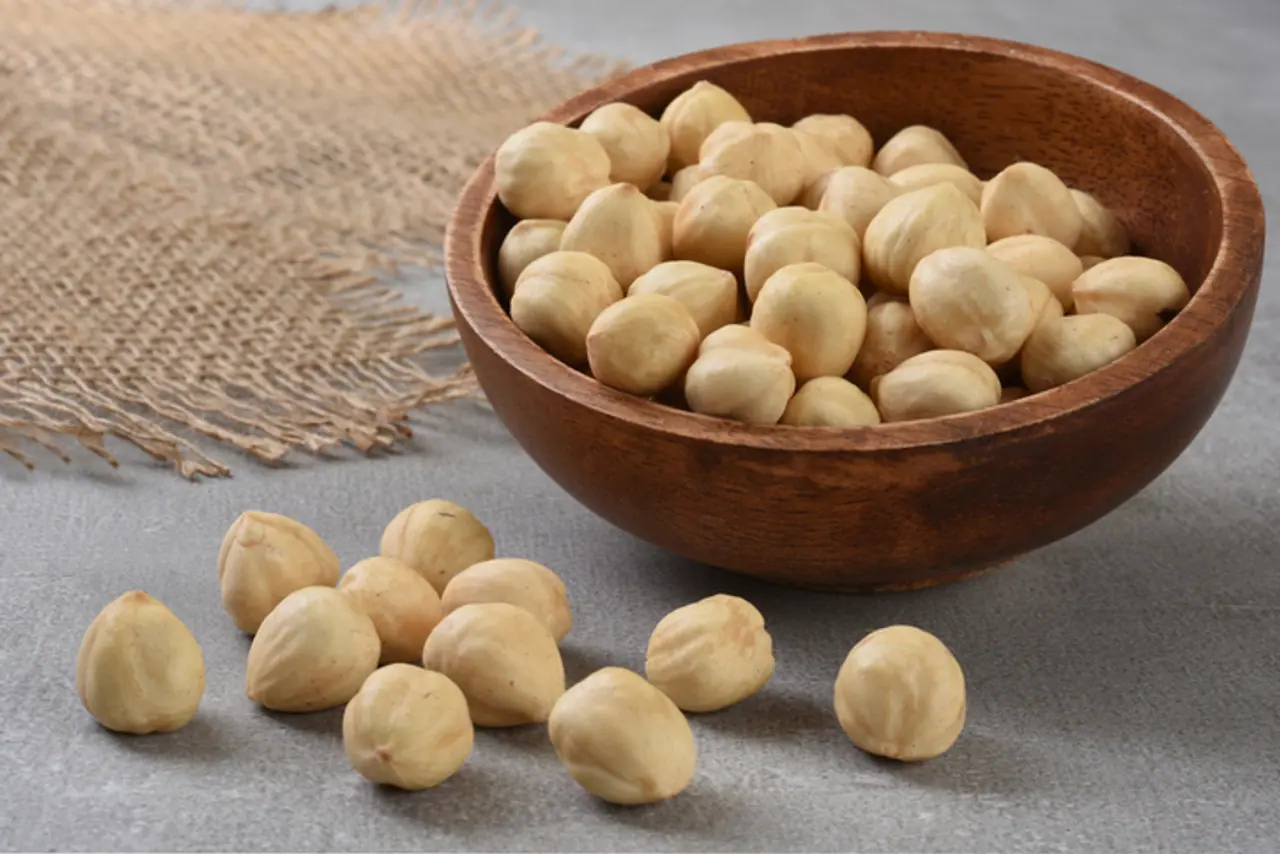- Home
- Lifestyle
- Health Life
- Achieve cholesterol control and more! Benefits of eating Makhana for weight loss
Achieve cholesterol control and more! Benefits of eating Makhana for weight loss
Makhana, also known as lotus seeds, is a popular snack, especially during fasting. But is ghee-roasted makhana healthy? Learn about its nutritional value, benefits, including weight management and cholesterol control, and healthy ways to consume it.

Makhana, also known as lotus seeds, is a popular dry fruit consumed during fasting. It provides instant energy and keeps the stomach full for a long time. Many eat these seeds raw, while others fry them in ghee.

This raises the question of which method is healthier for consuming makhana. Learn about the benefits of eating makhana and how to eat it in a healthy way.
Eating after frying in ghee. There is no doubt that ghee-roasted makhana is a great and healthy snack. Its low fat and high protein content makes it a great option for those who want to lose weight and maintain a healthy lifestyle.
Include this food in your daily diet for weight loss and a healthy lifestyle. Roasting makhana in ghee enhances its flavor. You can add a little salt and black pepper to enhance the taste.
A healthy breakfast. Ghee is a source of healthy fats and contains essential nutrients like vitamins A, D, E, and K.
Roasting makhana in ghee enhances its nutritional value, making it a balanced and nutritious snack. Strengthening the digestive system. Ghee contains butyric acid, which aids digestion. Makhana roasted in ghee is easily digested.
To stay active. Ghee provides energy, and when makhana is roasted in it, it becomes a great option for long-lasting energy.
Reduces stress. Ghee is known for its antioxidant properties, and when mixed with makhana, it helps protect the body from free radicals.
To reduce bad cholesterol. In addition to these benefits, eating ghee-roasted makhana helps maintain cholesterol levels because it is low in sodium.